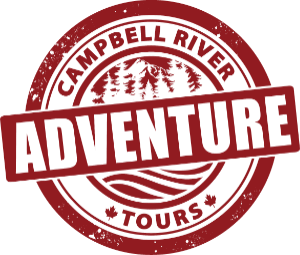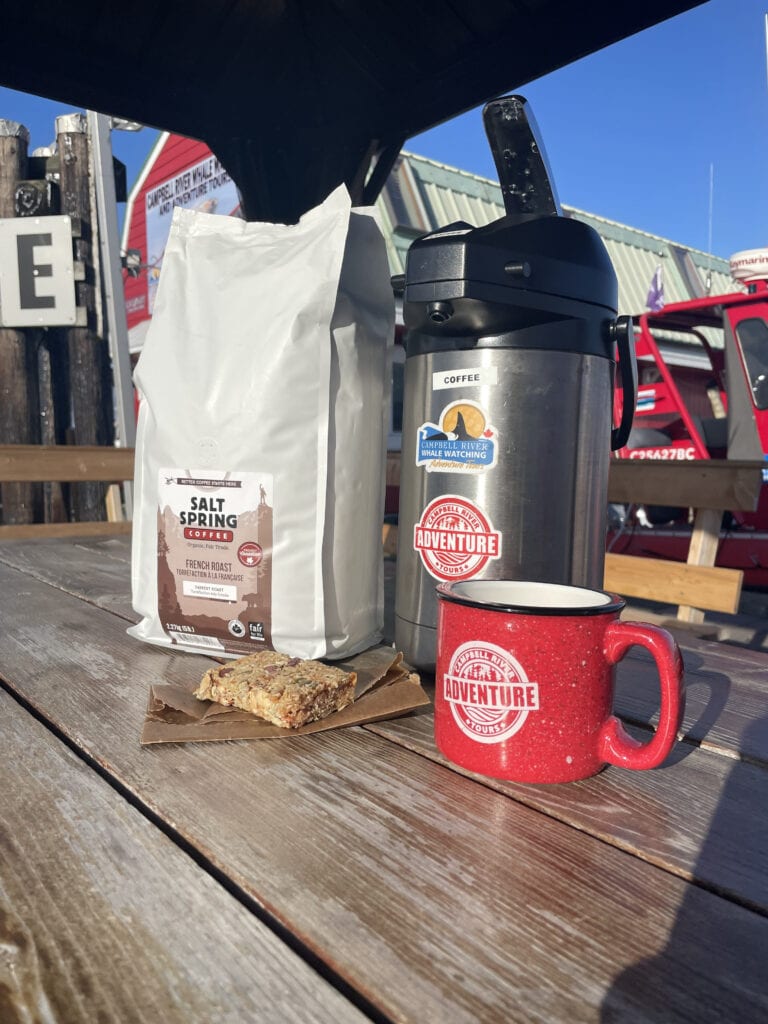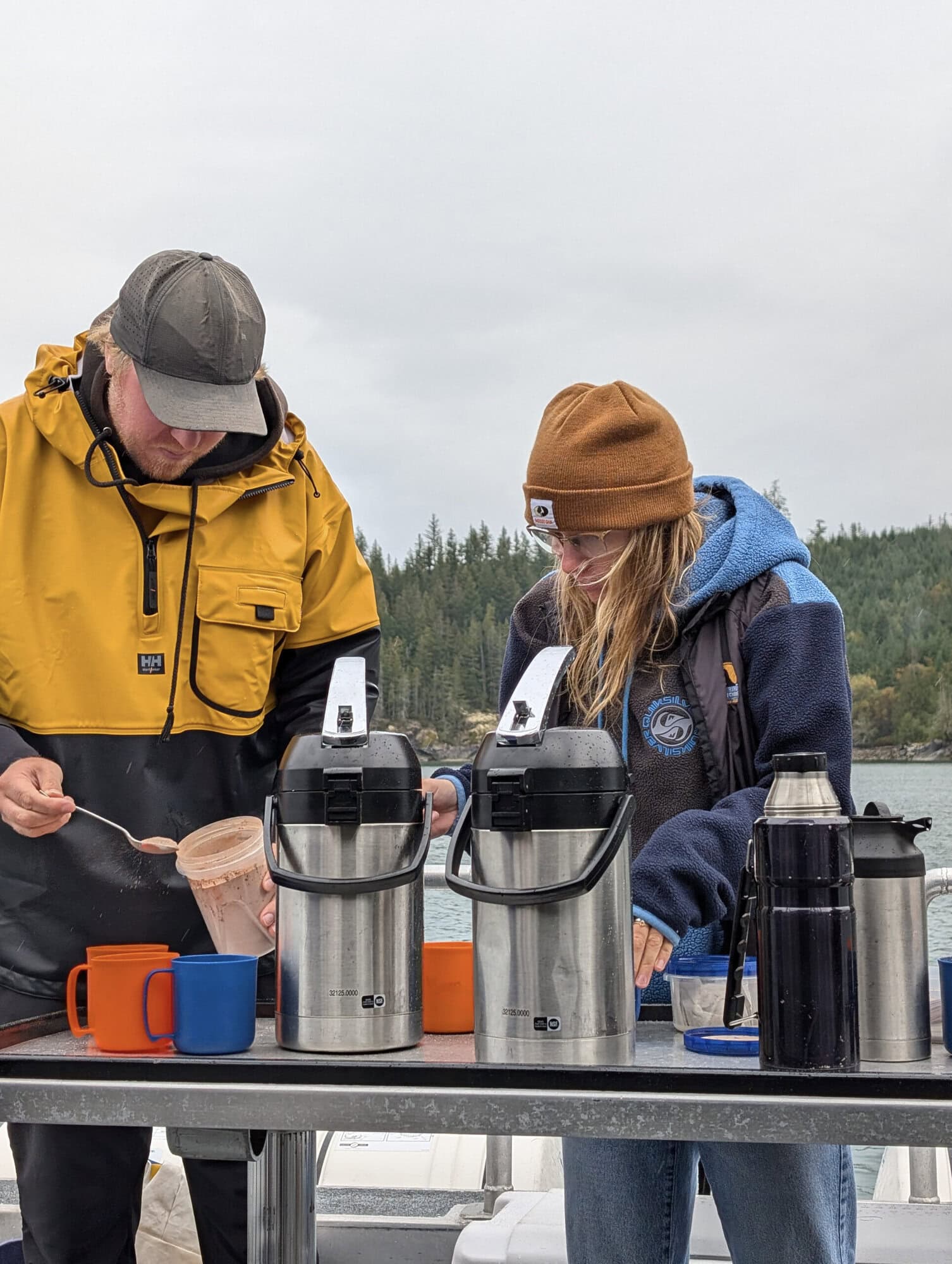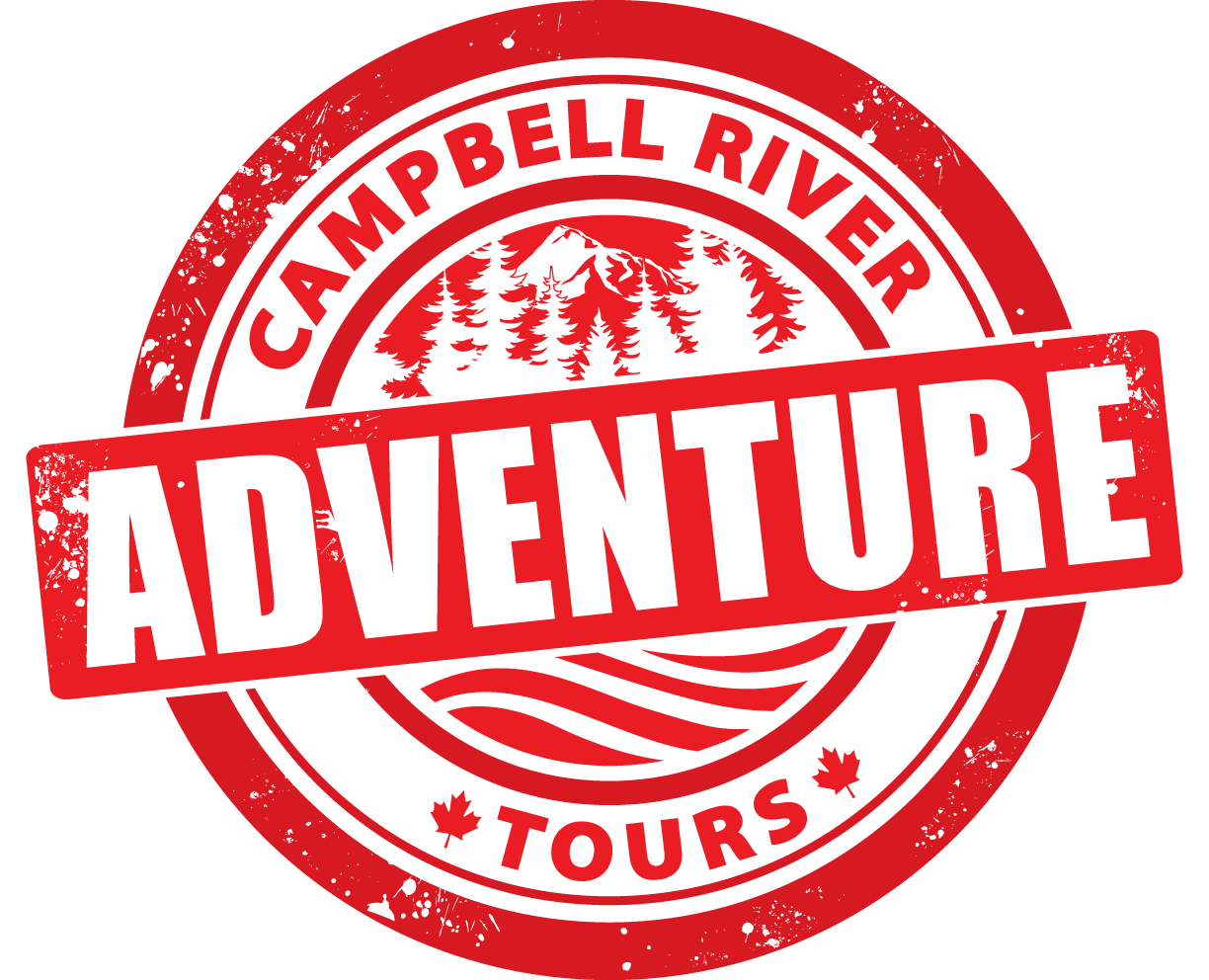At Campbell River Whale Watching, protecting the incredible wildlife and ecosystems around us isn’t just part of our tours - it’s part of how we run our business. We’ve been working hard to reduce our footprint and move closer to a zero waste operation.
We took another big step forward by conducting a waste audit to better understand where our waste comes from and how we can improve.
What Our Waste Audit Revealed
On a sample day in September 2024, with 59 guests on tours (48 with packed lunches), we generated:
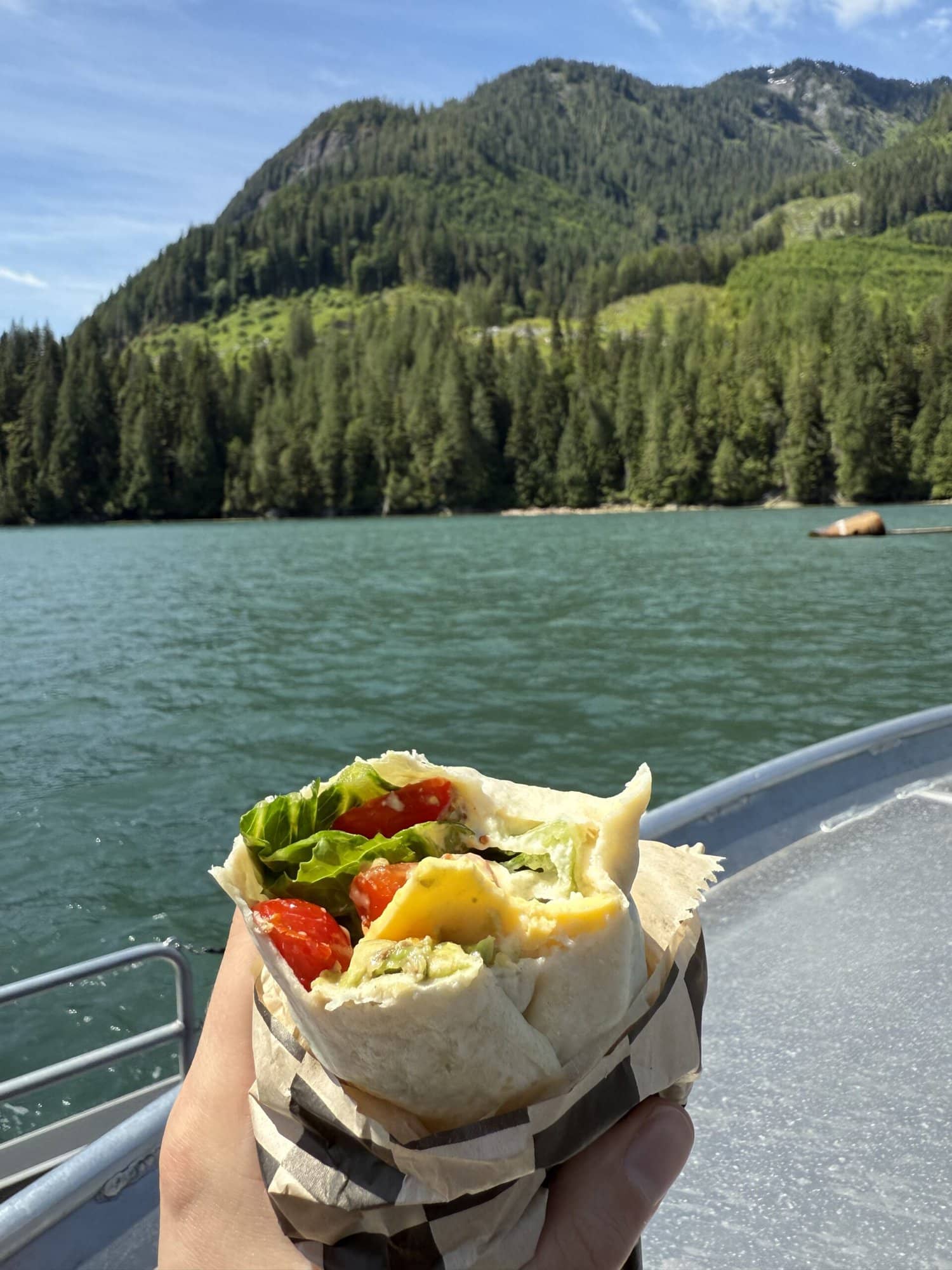
- 0.558 kg of landfill waste
- 4.13 kg of compostables
- 0.65 kg of paper and cardboard
- 0.18 kg of hard plastics
- 0.11 kg of tin/metal
While the total waste was relatively low, we discovered that 69% of the material in our landfill bin could have been composted or recycled. That means with proper sorting, our diversion rate could climb from 90% to 97%.
Most of this waste came from tour lunches, including food-soiled wraps, packaging, and a small amount of uneaten snacks.
The Changes We Made
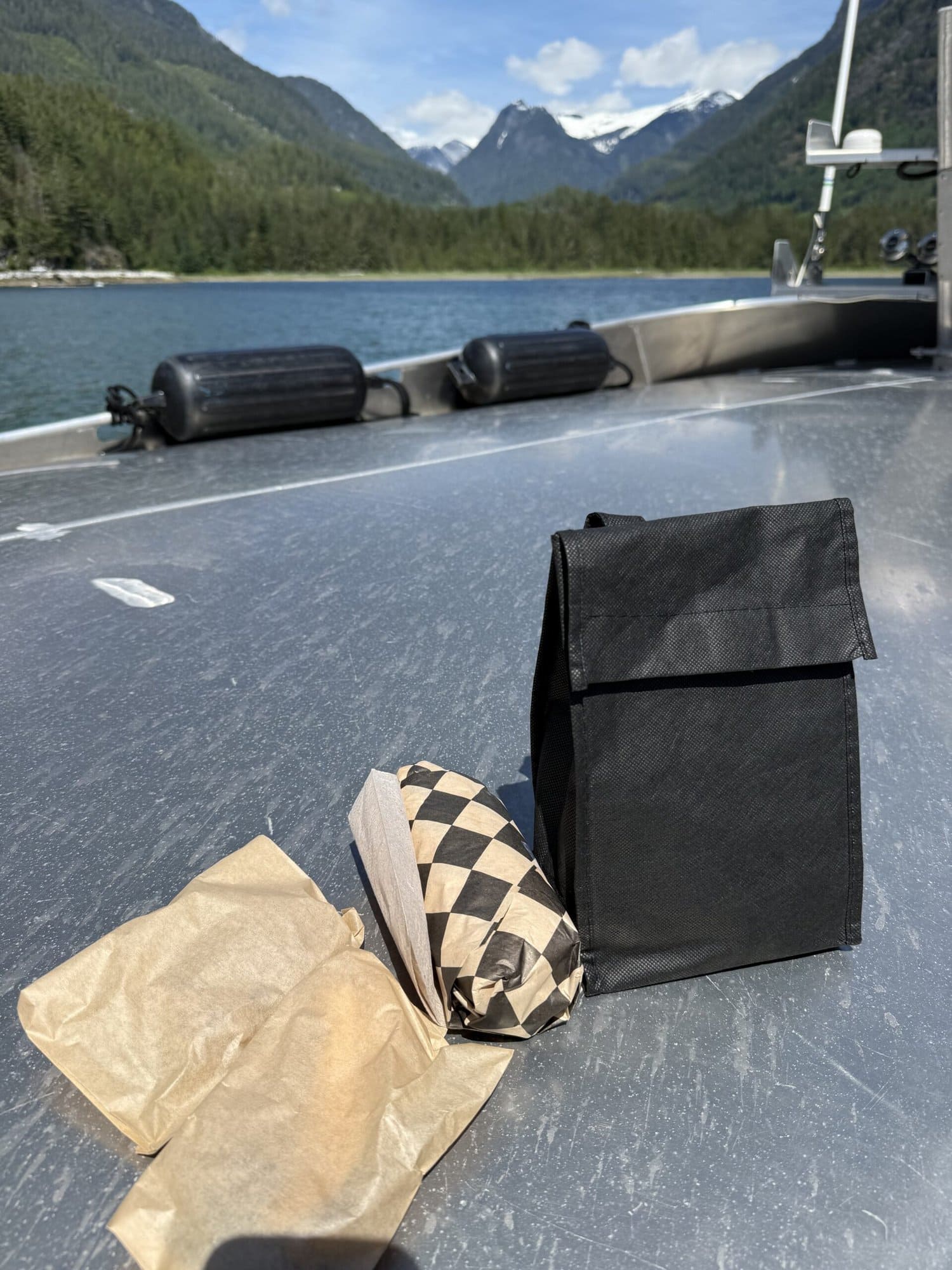
With these insights, we’ve already made important improvements to reduce waste:
- Reusable water bottles - Since 2021, every guest receives a reusable water bottle to eliminate single-use plastics.
- Reusable lunch bags - Tour meals are now packed in reusable lunch bags instead of disposable paper ones.
- Compostable packaging - Any packaging still required is now 100% compostable, including our new homemade granola bars wrapped in compostable paper.
- Expanded composting program - We upgraded our office composting system to divert even more food and packaging waste away from landfill.
- Menu adjustments - We are evaluating food items to reduce food waste while still offering tasty snacks to our guests.
Why Composting Matters

One of the biggest takeaways from our zero waste journey is the importance of composting over landfilling. When food waste ends up in landfills, it decomposes without oxygen and produces methane, a greenhouse gas over 25 times more potent than CO₂. Composting, on the other hand, creates a nutrient-rich soil amendment, supports a circular economy, and helps fight climate change by reducing emissions.
That’s why we’re committed to expanding composting infrastructure and training staff to sort waste properly - because every small action helps protect the planet.
What You Can Do: Try a Waste Audit at Home
You don’t need to run a business to make a difference. A great way to start your own zero waste journey is by doing a mini waste audit at home:
- Collect your household waste for a day or week.
- Sort it into categories: landfill, recycling, compost.
- Look for patterns - are there single-use plastics, food scraps, or items that could have been composted or recycled instead of trashed?
- Set a small, realistic goal: switch to reusable or compostable alternatives, reduce food waste, or start composting if you don’t already.
By understanding your waste stream, you can take action to divert more from landfill, just like we’re doing.
Looking Ahead
Our 2024 waste audit showed us that while we’re already achieving a 90% diversion rate, there’s always room for growth. With better sorting, menu adjustments, and composting improvements, we can get even closer to 97% diversion.
At Campbell River Whale Watching, our sustainability efforts aren’t about saving money - in fact, landfilling everything would technically cost us less. Instead, we do it because we’re committed to sustainable tourism in British Columbia, lowering emissions, and protecting the marine ecosystems that make this region so special.
Join Us on the Journey
By making small changes at home - like composting, reducing single-use plastics, and doing your own waste audit - you can be part of a collective effort to protect our planet. Together, every step brings us closer to a world where zero waste is possible.
Words by Maddie Lemke

